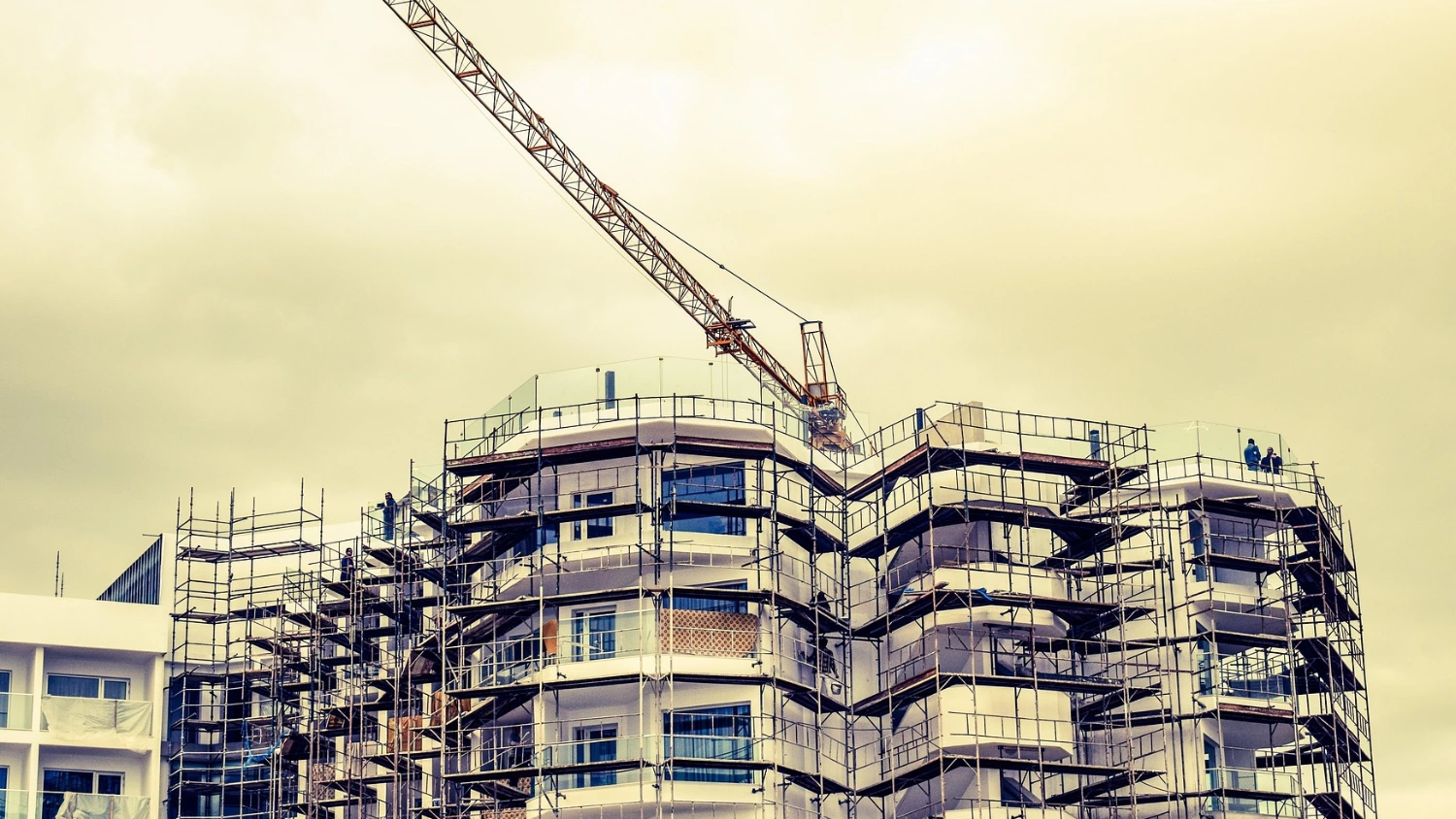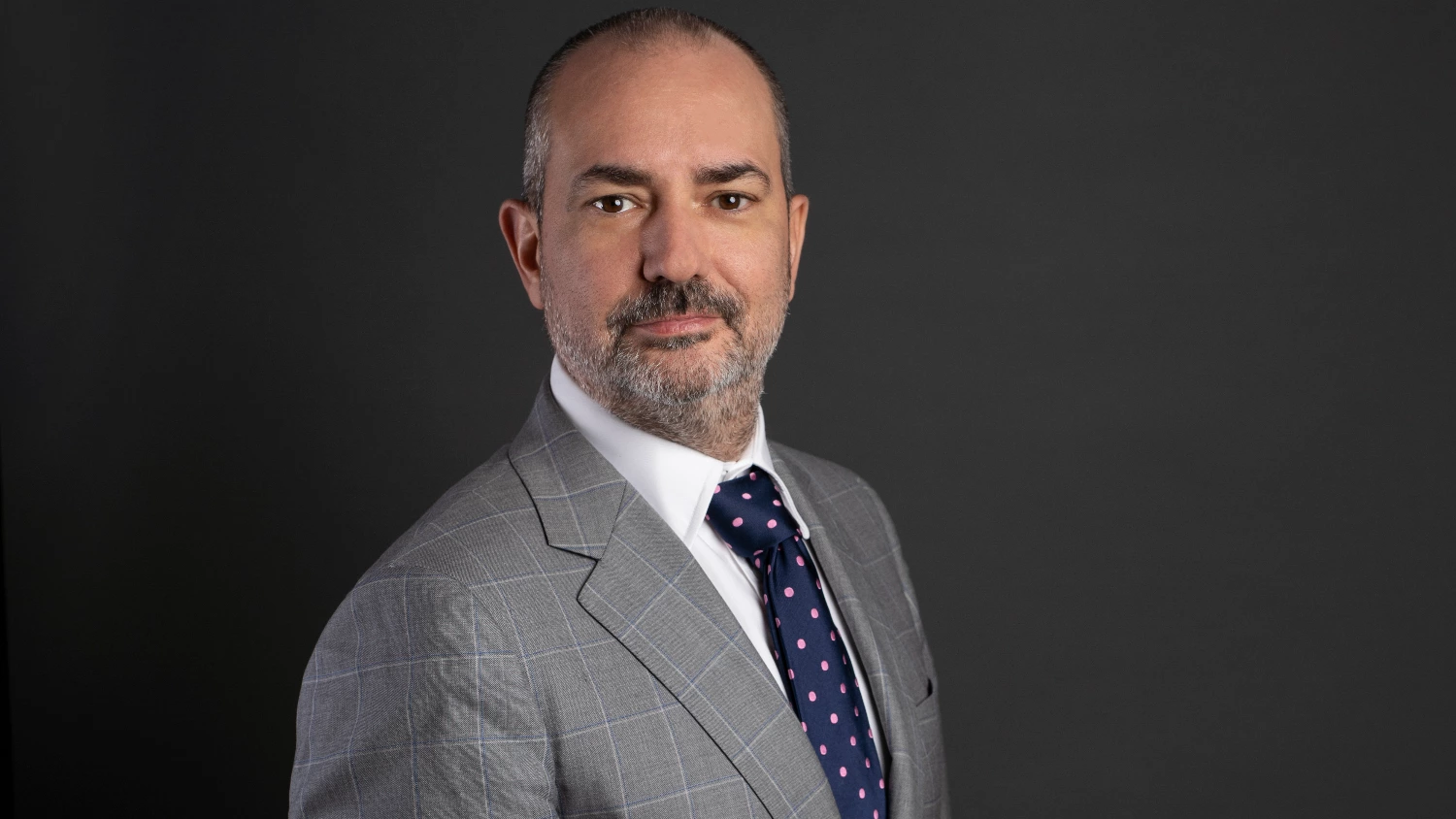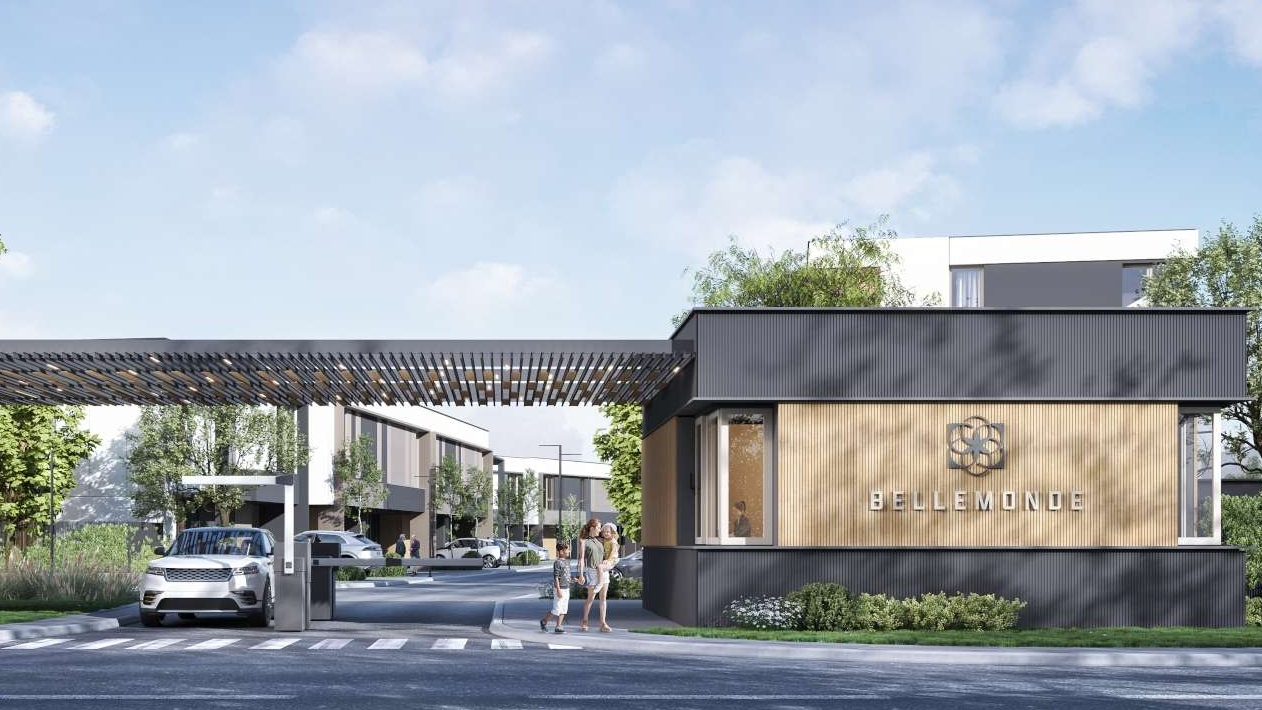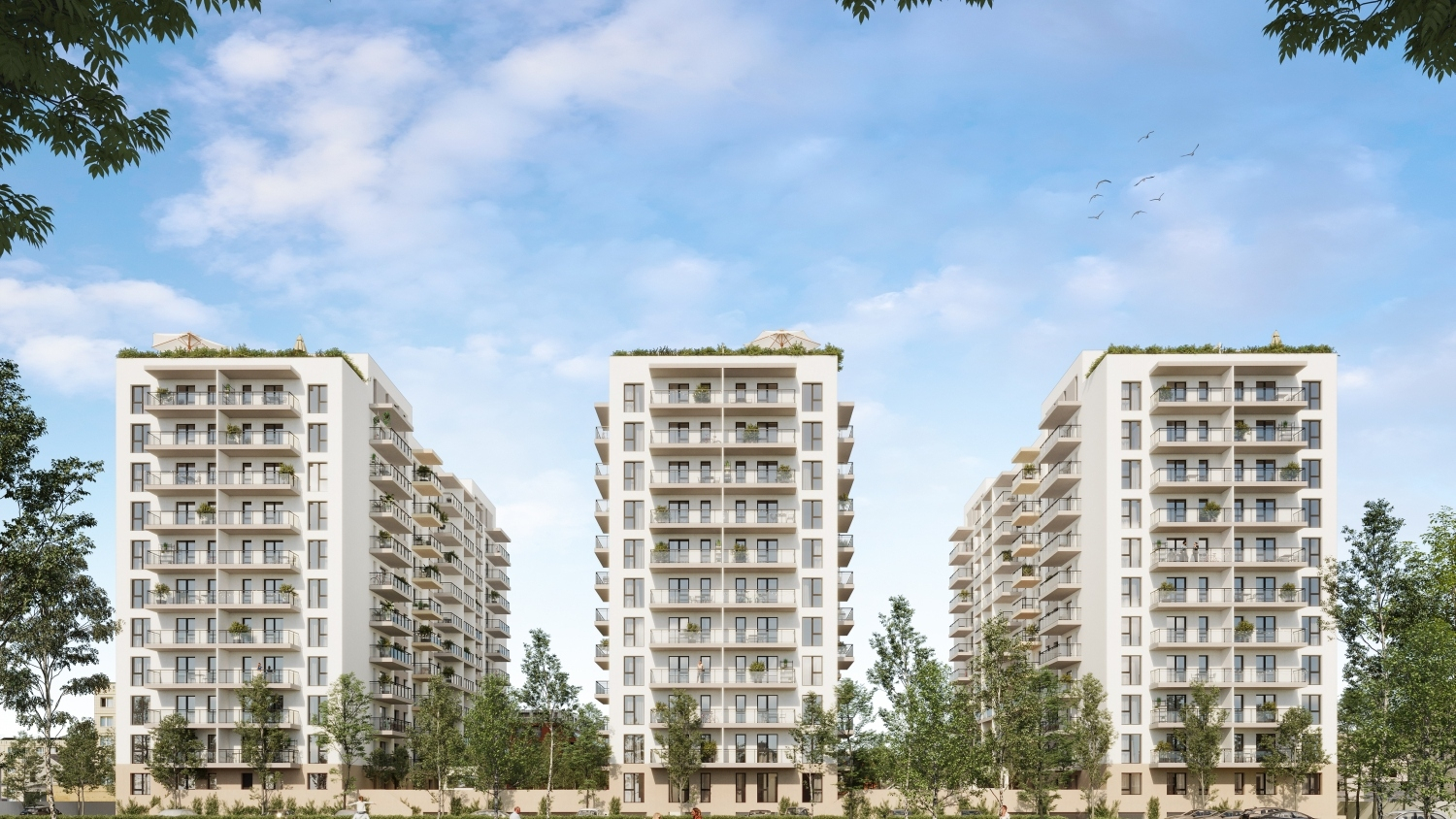The core issue is a complete cessation of new urban planning approvals, impacting residential, office, and mixed-use projects, and driving developers toward Ilfov, regional cities and even outside the country.
For approximately four and a half years, there has been a near-total block on the approval of new private zonal planning documents (PUZs) by the City Hall. This is critical for any development exceeding 3,000 sqm in areas without an existing PUZ.
According to the market player, only two zonal plans were approved. One for infrastructure and one for the military. Not a single private zonal plan has been approved by the city hall, and even 42 pending approved PUZs are waiting to be brought in front of the city council for four years.
Meanwhile, the completion of the new general urban plan (PUG) is now four and a half years late, and the PUG's development is reported to have stopped. Furthermore, even if approved, a PUG could take another four or five years to be implemented after public consultations.
This systemic blockage has created an exceptionally difficult situation for developers, prompting concerns about the city's future planning and direction.
"Not a single private PUZ has been approved (...) for four and a half years, and still today, even 42 pending approved PUZs are waiting to be brought in front of the city council for four years", our source said. The player added: "Inside the ring of Bucharest, we see now that if you want to develop a bigger plot, that is not possible, and we can clearly see that there is no willingness from the city hall to start elaborating the necessary documentation," he added.
Crowding risks for areas near Bucharest
The source warns that the effects of this "non-development" period will be felt for years to come and that the current policy of non-permission is not working. The congestion of Bucharest has become worse in the last five years, and even simple small building permits can take up to three years to get approved.
This situation also creates a paradox: developers with old PUZs of questionable quality can still build, while new, high-quality projects with stricter rules are blocked. This forces new development concentration in the few areas that still have a zonal plan, such as Pipera and Fabrica de Glucoză.
The lack of new residential supply has had an impact on the housing market, creating huge pressure. The challenge is even bigger for young people who are forced outside Bucharest, in Ilfov County, to buy a new home.
However, this outward migration to Ilfov, while developers can still secure permits there, exacerbates existing problems like traffic jams into the city.
Beyond ownership, rental prices are also rising "like crazy," potentially pushing rents to the same level as major European cities like Berlin, Amsterdam, or Brussels. The property market player warns this could lead to "brain drain," as students opt to study in other countries.
The permitting freeze isn't limited to housing. Any major development, including the reconversion of old industrial areas into mixed-use sites and new office projects, is becoming difficult or entirely stopped. The development of new, much-needed ESG standard offices is also stalled.
Bucharest stands to post massive losses in investments and tax revenue
Speaking about the potential investment losses for the city, the source said, "I think it will be in billions."
"Money is very liquid. If that money is not invested here, it will be invested somewhere else, in other countries," the market player noted.
The administrative delays are compounding the problem: Even after finishing a building, the official takeover by authorities, which normally takes one month, is currently being delayed for more than one year.
The firm represented by the source has stopped investing in Bucharest and is looking more in regional cities and abroad.
The real estate player believes that an open communication between City Hall, the district mayors, and the developers is the first step. "If you build buildings, you get taxes. If you get taxes, you can also invest them, again, into infrastructure, into greenery."
Furthermore, proper urban planning must be data-driven, looking at demography, population movement (both in and outside the city), job accessibility for people, housing conditions, traffic data and public transport accessibility and the actual need for services like schools, leisure and medical healthcare.
The development of Bucharest is an essential part of growing the Romanian economy, and to attract investments, there needs to be clarity, predictability and open communication between the public and private sectors. Unfortunately, these are nonexistent today, concluded the player.














